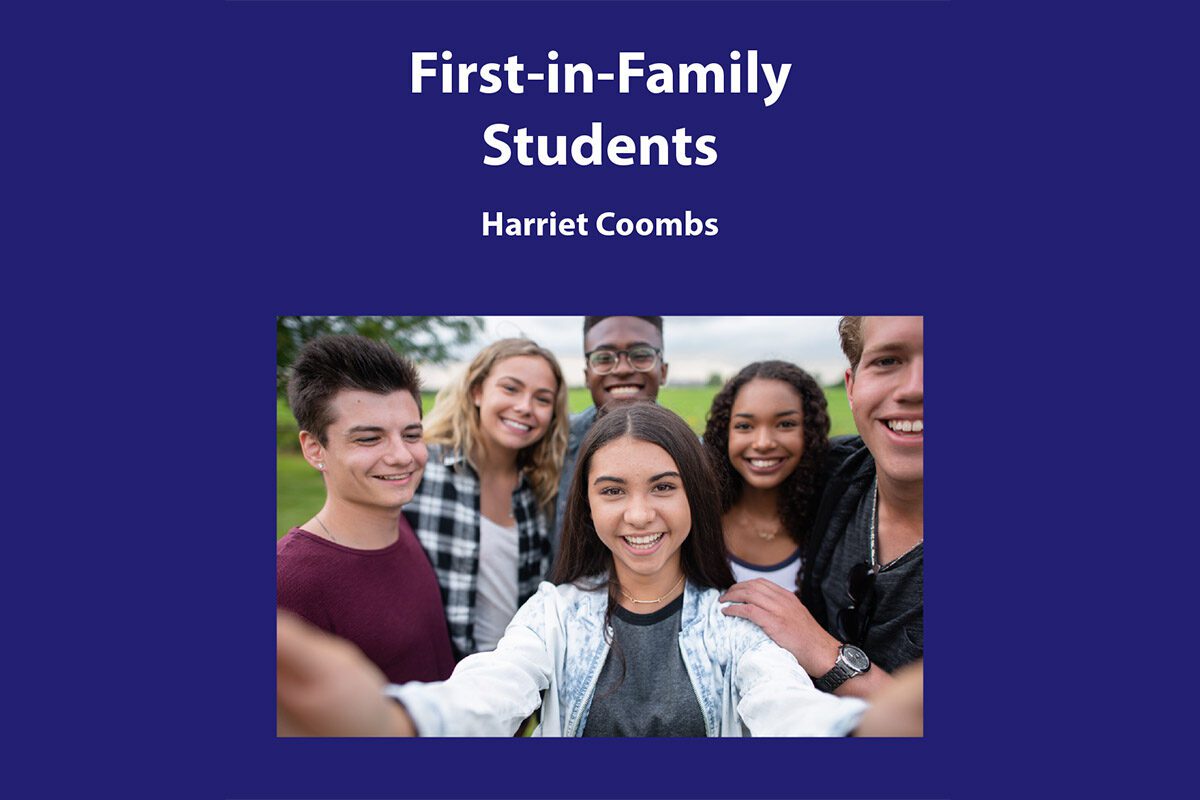‘First-in-family’ status flawed way of helping disadvantaged students, say HEPI

@HEPI_news – The Higher Education Policy Institute’s latest report, First-in-Family Students by Harriet Coombs (HEPI Report 146), finds most university students in the UK – just over two-thirds – can be classified ‘first-in-family’.
It questions how useful the category is as an indicator for widening participation activities.
The paper argues too much weight has been put on first-in-family status as a measure of disadvantage for admissions to higher education because the indicator has many different definitions, is self-declared and unverifiable. There is also a lack of transparency over how it is applied.
The new report therefore recommends that only a tightly drawn first-in-family indicator should be used and, even then, only for lower stakes widening participation activities. For higher stakes activities, such as contextual offers at highly selective universities, it should be used only as part of a basket of measures.
The paper confirms that, on some issues, there are notable differences between first-in-family students and other students. For example, they are less likely to attend a Russell Group university and they are less likely not to complete their degree. But despite this, the research shows the first-in-family category has a number of shortcomings that limit its value.
For instance, it applies disproportionately to people from Black and Minority Ethnic backgrounds, who are actually more likely to access higher education than White young people.
Moreover, evidence from the UK and abroad shows some first-in-family students enter higher education with a lot of social capital while many other students face significant challenges of their own.
Other indicators, like entitlement to Free School Meals, capture people’s true level of disadvantage more accurately.
The report includes several recommendations for institutions and policymakers, including:
- using a basket of measures when implementing contextualised admissions;
- delivering outreach for the parents of groups that are under-represented in higher education; and
- providing student mentors for first-year undergraduates to help them build networks.

Nick Hillman, Director of the Higher Education Policy Institute, said:
‘This research has changed my thinking on “first-in-family” students. It is a description of majority status that has been masquerading as a description of minority status. Moreover, there is no reliable way to verify if someone is the first person in their family to attend university, meaning anyone can claim to be first-in-family whether they are or not. And there is no single standard definition of the term anyway.
‘The weight that has been put on “first-in-family” status has been matched by a lack of transparency in how it is used across highly selective universities in their recruitment.
‘We must avoid putting too much focus on an unreliable indicator and too little on other measures. In future, we should use first-in-family only as a light-touch indicator for disadvantage because it is so flawed, while putting more emphasis on better measures like Free School Meal status. At the same time, we should be utterly transparent about how such information is being used.
‘The new year brings a new Director for Fair Access and Participation in John Blake. It is vital he engages with the rich and growing evidence base on how best to help under-represented groups if he is to deliver the difference he needs to make.’

Harriet Coombs, the author of the report and a recent History graduate from the University of Bristol, said:
‘Many first-generation students have succeeded in making it to high-status universities. They are generally ambitious and want to give back to their families and communities. Yet, on average, they are more likely than their peers to drop out and often face challenging transitions to higher education.
‘The first-in-family problem is, at root, a fair access one rather than a widening participation one. In the UK, first-generation students are entering higher education in large numbers. In other words, the bigger problem is not getting more first-in-family students into higher education, but rather getting more first-in-family students into highly selective institutions. Further to this, highly selective universities now need to ensure they retain first-generation students as well as just recruit them.’
Harriet Coombs, a History graduate from the University of Bristol, undertook an internship at HEPI in 2021. She is a member of the University of Bristol’s First-Generation Network of Scholars and a mentor for first-in-family undergraduates.











Responses